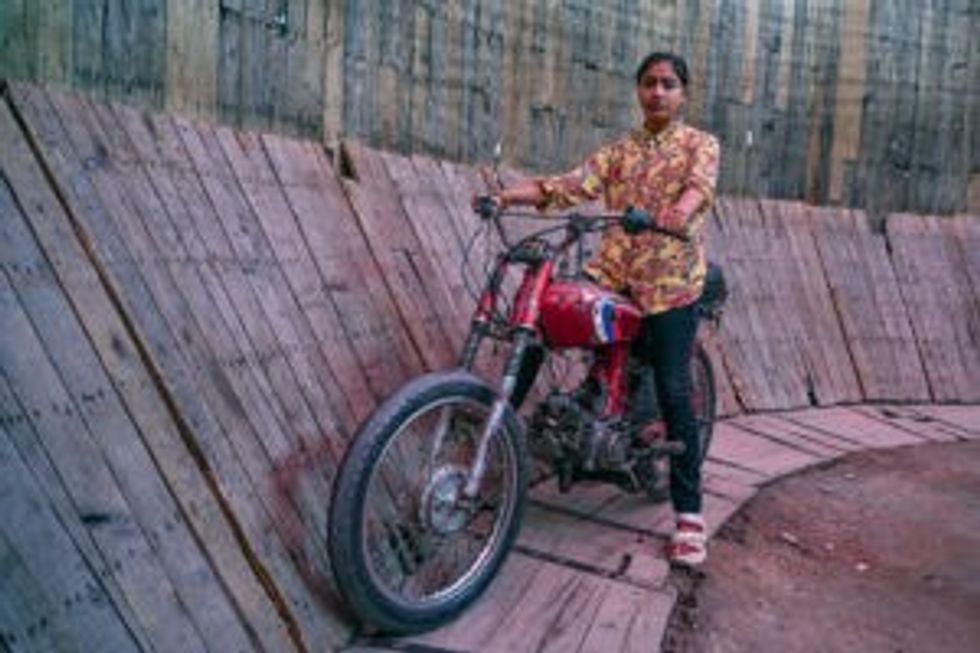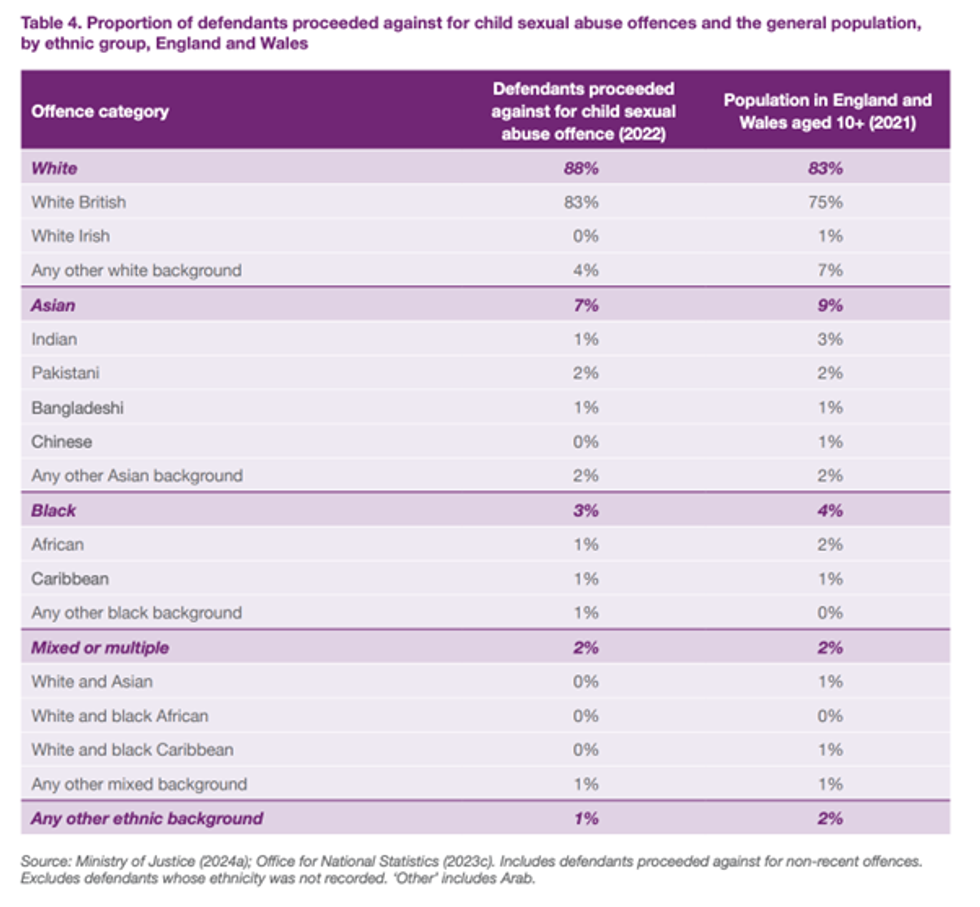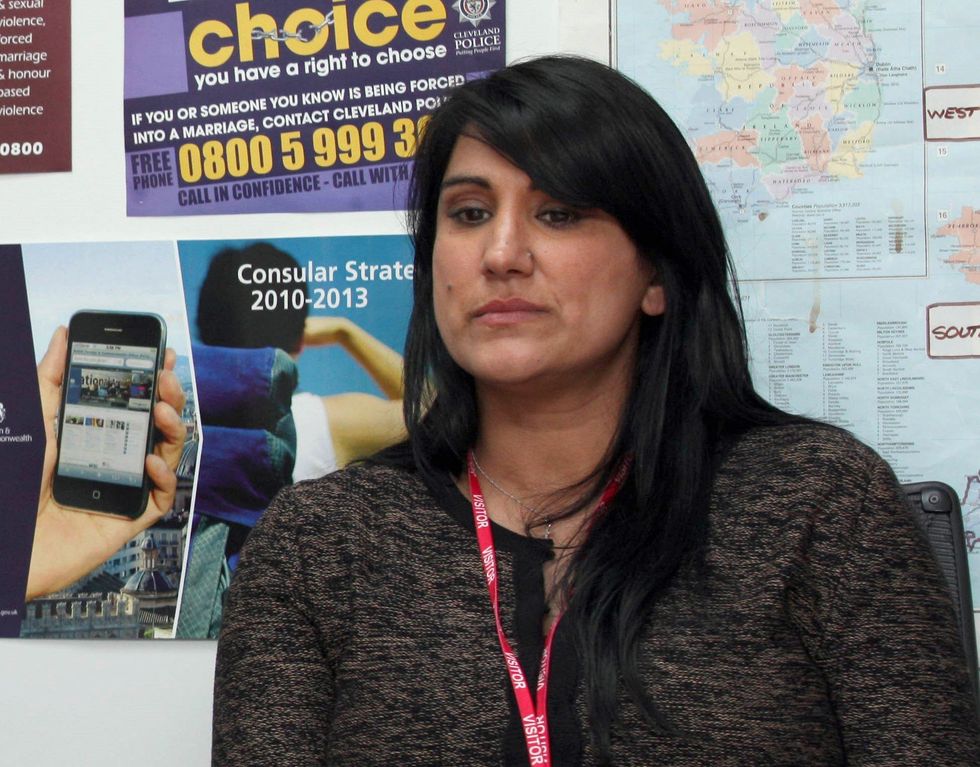RHYTHMIC drums and spirited dancing are once again bringing life to the shrines of Pakistan’s saints, where festivals were long stifled by jihadist violence.
As the harvest season ends and schools finish for the summer, villagers climb atop tractor trolleys, buses, and rickshaws to head to the celebrations at Sufi shrines dotted across the country.
“Those who cannot meet during the rest of the year reunite at the fair,” said Muhammad Nawaz, a farmer from Punjab province, at the annual “mela” to honour saint Shah Jiwana in Jhang city. “These fairs and Punjab’s culture share a profound connection, one of love and brotherhood,” he added.
Fairgrounds, musicians, traditional wrestlers, and motorcycle acrobats delight pilgrims lit by lanterns of all colours, but always under the watchful eye of hundreds of police officers.
Centuries-old Sufi orders across the Islamic world have millions of followers, from Turkey to South Asia, and their beliefs are rooted in mysticism and a devotion to saints. Many orthodox hardliners consider Sufi beliefs heretical, however, and Sunni militant groups such as the Pakistani Taliban and Daesh (Islamic State) have carried out bloody attacks at shrines and festivals.
In Pakistan, the attacks led authorities to ban festivals or limit their activities until recently. “The goal was to avoid risking public lives,” said Alloudin Mehmood, a government official at Bari Imam shrine in Islamabad, targeted by a 2005 suicide bombing that killed 19 people.
Security has improved after several military operations, aallowing celebrations to gradually return. “Only after receiving security clearance was the festival permitted last year, ending a 16-year hiatus,” Mehmood added.
The event was shortened from five days to three, with mobile phone signals suspended for security reasons.
The landscape of rural Pakistan is adorned with thousands of Sufi shrines, varying in size from grand edifices to modest structures, each steeped in a tapestry of associated legends.
“There are cities which emerged around these shrines and melas,” said author and anthropologist Haroon Khalid. Particularly in Punjab and Sindh, saints, referred to as “Pirs,” are revered and miracles are attributed to their spiritual presence.
“These shrines have endured threats and persecution,” said anthropologist and author Zulfiqar Ali Kalhoro. “Culture always has a remarkable resilience, capable of absorbing shocks and persevering through challenging times.
” The annual celebrations commemorate the anniversaries of a saint’s death and symbolise the spiritual union between devotees and the divine.
“Pilgrims find solace, healing, release, and entertainment at these events that celebrate the ‘friends of God’,” said Carl W Ernst, who has authored several books on Sufism. Sufism has inspired some of Pakistan’s beloved artists, writers, and musicians.
Sufi shrines often attract marginalised groups, including transgender women and drug addicts. “We are never as well-received as at festivals,” said Khusbhoo, a transgender woman.
At the Shah Jiwana shrine, devotion gives way to entertainment in the late afternoon. A juice seller belts out a famous Punjabi song: “Forget about your responsibilities for a while; let’s head to the fair instead.” Thousands turn to the fields to witness traditional games such as kabaddi, and tent pegging, a more graceful display of horsemanship.
Against the neon background of the fairgrounds, 16-year-old stunt girl Fatima Noor prepares her motorbike. Defying both gravity and social taboos, she circles the “wall of death” to the amazement of the crowd – a chance to earn some money for her family.
“These fairs must be held, as we do not have any other employment opportunities,” she said.
Eighteen-year-old Hamid Ijaz, delighted in the celebrations, said, “Because of how widespread hate and sectarianism are in our country, it’s crucially important to organise events like these where everyone can come together and foster love.” (APF )




















 'Sorting out the lack of social care in the community needs to be a priority'
'Sorting out the lack of social care in the community needs to be a priority'

 Jasvinder Sanghera (Photo by Jon Bond - WPA Pool/Getty Images)
Jasvinder Sanghera (Photo by Jon Bond - WPA Pool/Getty Images) Lord Kamlesh Patel
Lord Kamlesh Patel Lord Karan Bilimoria
Lord Karan Bilimoria Poppy Jaman
Poppy Jaman
